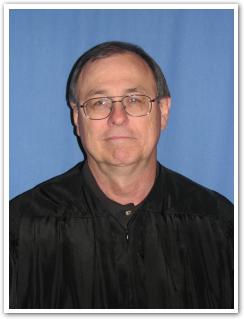Power companies aren’t the only possible owners of solar power farms,
and centralized isn’t the only power distribution model.
In Germany, most renewable energy production is owned by
people, not power companies.
Matthew McDermott wrote for Treehugger 6 January 2011,
Over Half of Germany’s Renewable Energy Owned By Citizens & Farmers, Not Utility Companies
Germany’s promotion of renewable energy rightly gets singled out for
 its effectiveness, most often by me as an example of how to do
things well versus the fits and starts method of promotion common in
the US. Over at Wind-Works, Paul Gipe points out another interesting
facet of the German renewable energy saga: 51% of all renewable
energy in Germany is owned by individual citizens or farms, totaling
$100 billion worth of private investment in clean energy.
its effectiveness, most often by me as an example of how to do
things well versus the fits and starts method of promotion common in
the US. Over at Wind-Works, Paul Gipe points out another interesting
facet of the German renewable energy saga: 51% of all renewable
energy in Germany is owned by individual citizens or farms, totaling
$100 billion worth of private investment in clean energy.
Breaking that down into solar power and wind power, 50% of Germany’s
solar PV is owned by individuals and farms, while 54% of its wind
power is held by the same groups.
Not only is that more distributed, but it also may be a faster
way to get solar deployed:
In total there’s roughly 17 GW of solar PV installed in
Germany—versus roughly 3.6 GW in the US (based on SEIA’s
figures for new installations though the third quarter of 2011 plus
the 2.6 GW installed going into the year).
Remember, Germany now produces slightly over 20% of all its
electricity from renewable sources.
Nothing prevents Georgia Power or Colquitt Electric
or any of the other power companies operating in Georgia from
leading the solar pack.
For example, power companies concerned that solar doesn’t produce
at night could still deploy solar peak load generation,
thus dispensing with natural gas peak load generation.
While the power companies are not leading,
private organizations such as
Tabby Solar,
founded by a pair of doctors,
are forging ahead anyway.
-jsq
issue another Executive Order and STOP the jail deaths in the Valdosta, Lowndes County Jail. (30 Jail deaths from 1994-2009) Today the general public is told that the public does not have a right to know under the law.


 Another issue here is that there will be no public hearing on this issue
unless someone ASKS for it. Without a hearing, it just goes forward
with no other public information about being presented. Anyone may ask
for a hearing, but I would especially think that there are people who
really need a functional system that is not just focused on people
who have access to Medicaid as a payment source due to illness or
disability. Requesting such a hearing before January 24 would give the
opportunity to have all this information presented and for questions to
be asked and answered.
Another issue here is that there will be no public hearing on this issue
unless someone ASKS for it. Without a hearing, it just goes forward
with no other public information about being presented. Anyone may ask
for a hearing, but I would especially think that there are people who
really need a functional system that is not just focused on people
who have access to Medicaid as a payment source due to illness or
disability. Requesting such a hearing before January 24 would give the
opportunity to have all this information presented and for questions to
be asked and answered.




